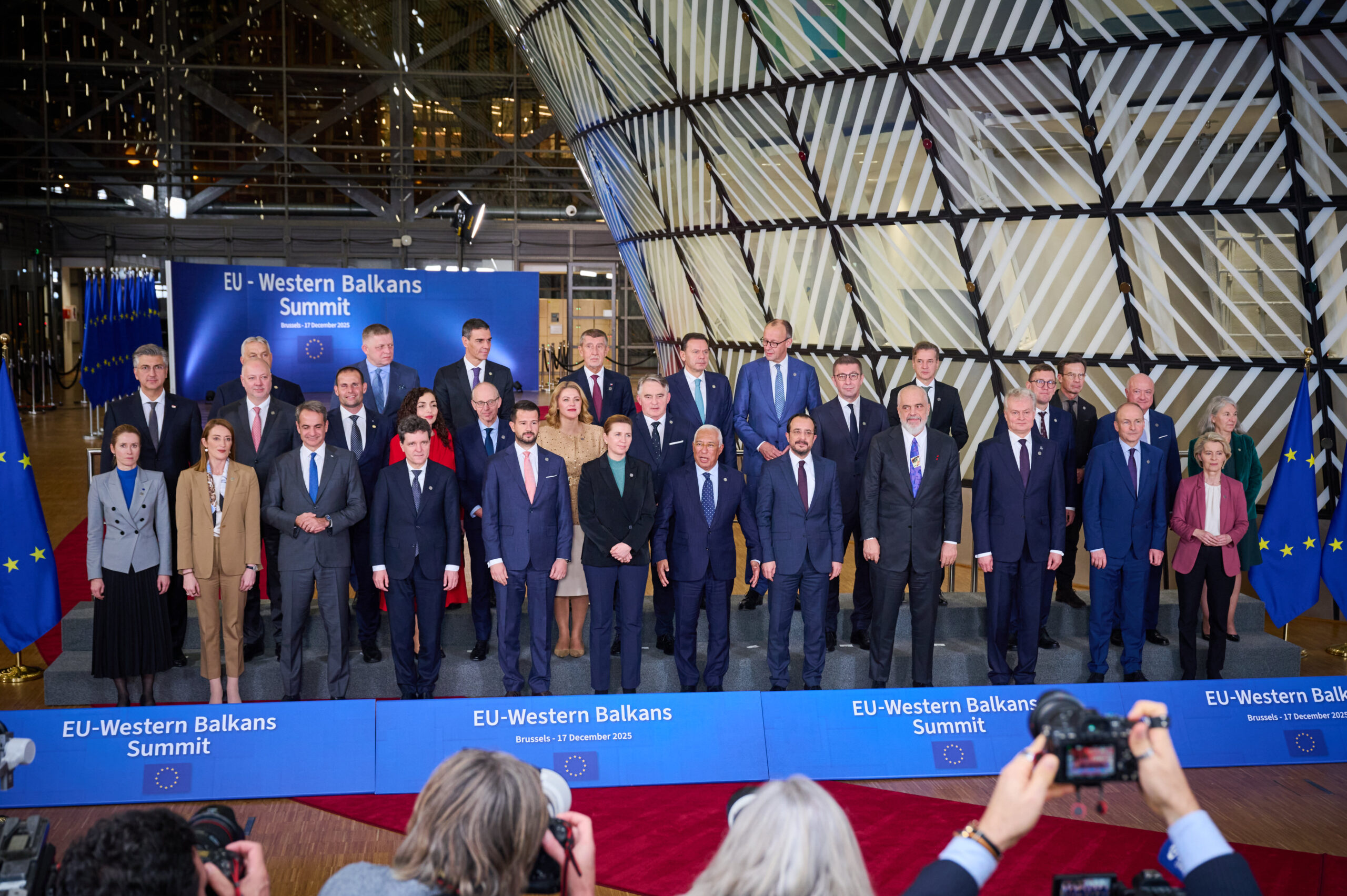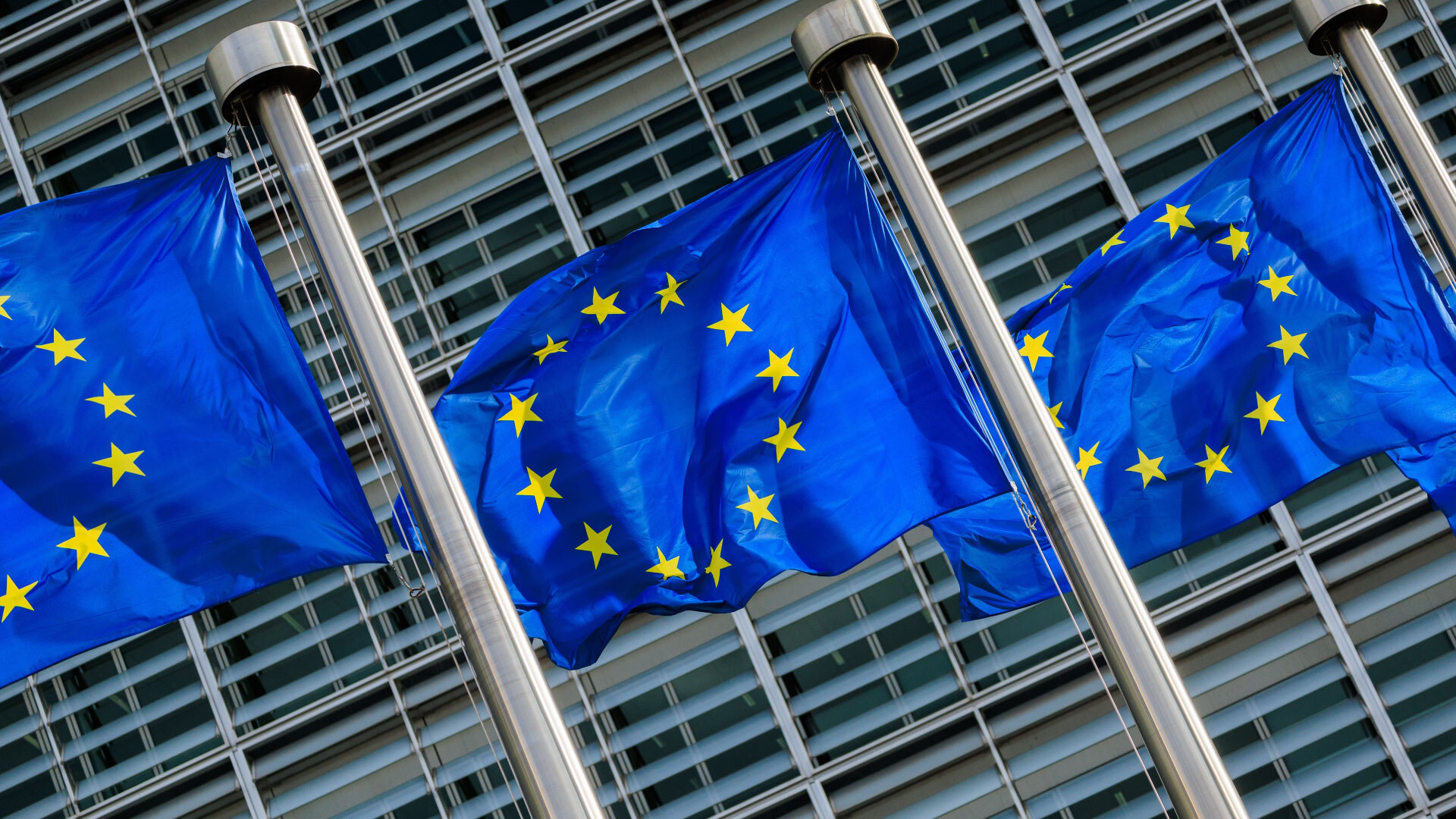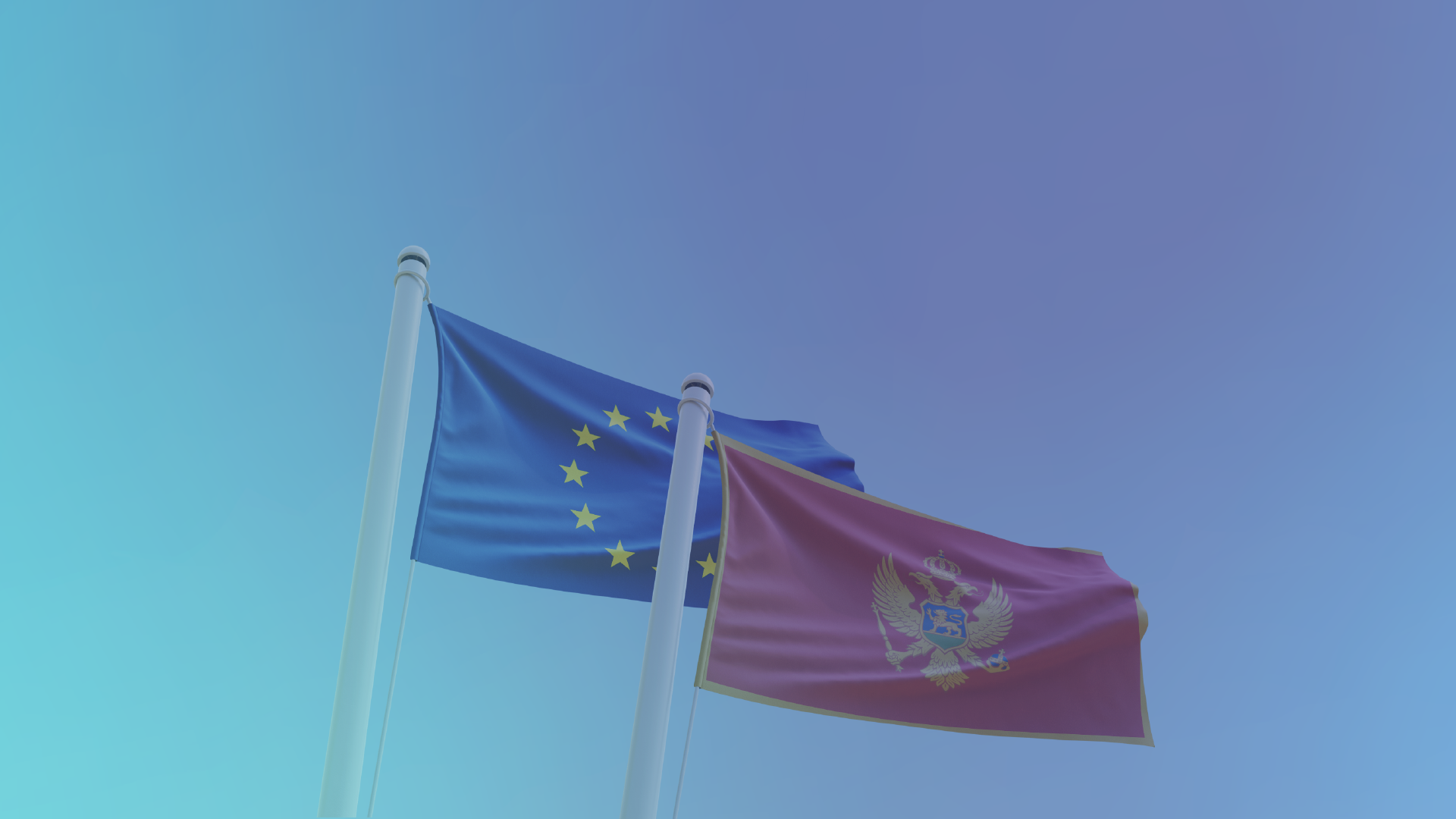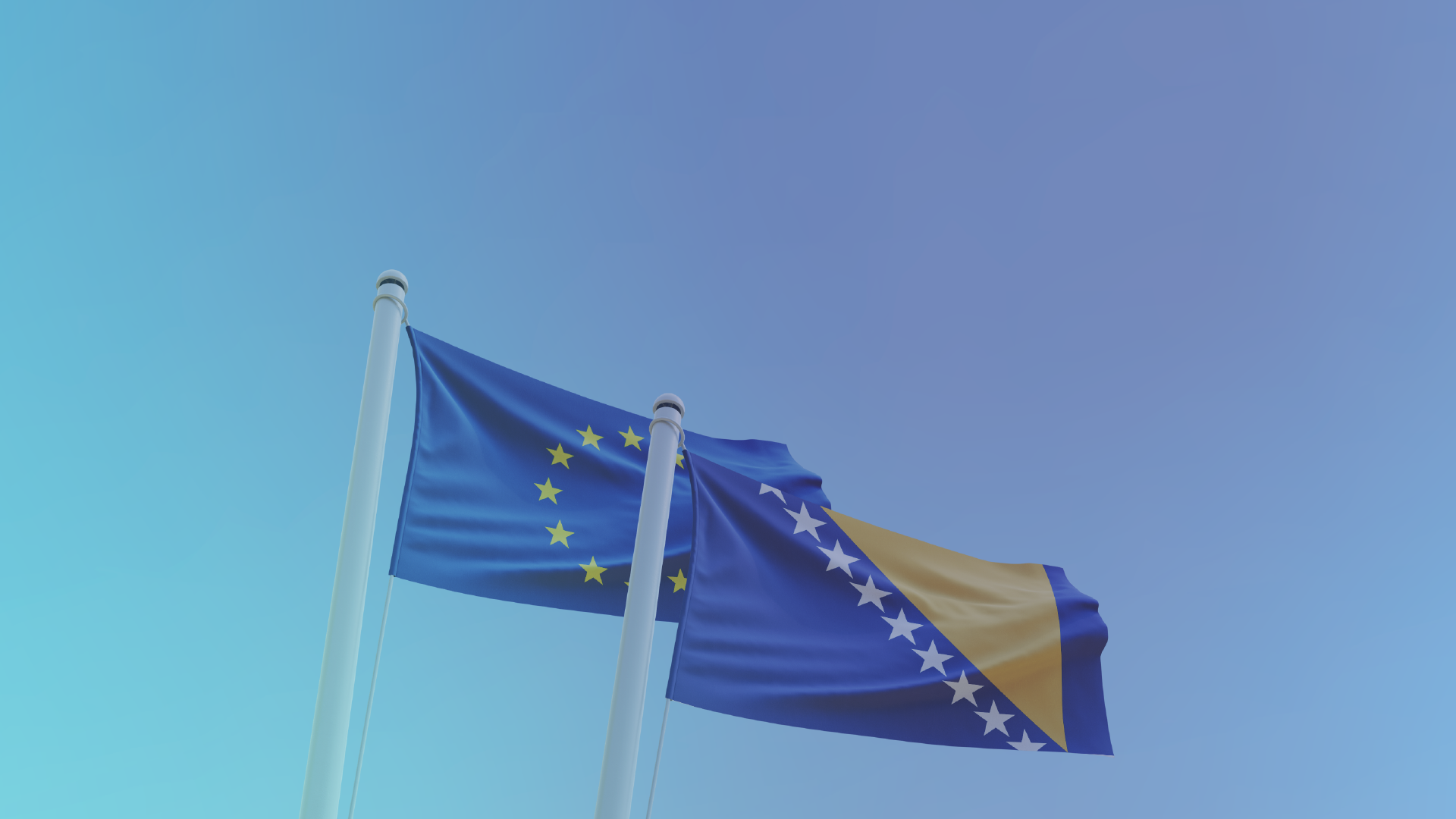EU-Western Balkans Summit in Tirana reaffirms the EU membership perspective of the Western Balkans and EU’s strategic partnership with the region
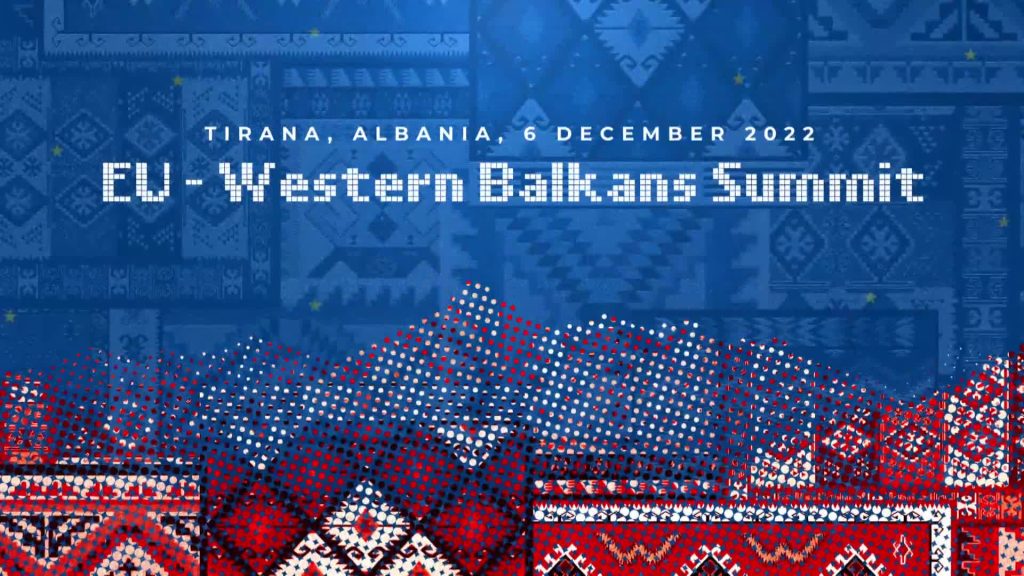
EU-Western Balkans Summit in Tirana reaffirms the EU membership perspective of the Western Balkans and EU’s strategic partnership with the region
Today, the President of the European Commission, Ursula von der Leyen, President of the European Council, Charles Michel, High Representative/Vice President Josep Borrell, Commissioner Olivér Várhelyi, as well as Heads of State or Government of the EU Member States and Western Balkan partners participated in the EU-Western Balkans Summit in Tirana. The organisation of the Summit for the first time in the region is a clear sign of the EU’s strong commitment to the Western Balkans and their path towards the EU.
The EU leaders reaffirmed the full and unequivocal commitment to the European Union membership perspective of the Western Balkans. They called for the acceleration of the accession process based upon credible reforms by partners, fair and rigorous conditionality, and the principle of own merits.
Russia’s escalating war of aggression against Ukraine puts European and global peace and security at risk. It underscores the importance of the strategic partnership between the EU and the Western Balkans region.
President of the European Commission, Ursula von der Leyen, said: “This Summit, held for the first time in a Western Balkan country, gives a clear message about our engagement, our unity, and our strong partnership. The EU is more committed than ever to a common future, with our Western Balkans partners inside the EU. And we are taking every opportunity to bring our regions and our people closer together. From addressing jointly the energy crisis to opening more opportunities for citizens and business alike, including by lowering roaming charges. This is a great achievement.”
The Summit was furthermore an opportunity to review progress in the implementation of the nearly €30 billion Economic and Investment Plan focused on flagship projects in green and digital transition, sustainable transport, clean energy, support to the private sector, and human capital development to help bridge the socioeconomic gap between the Western Balkans and the EU. The EU has so far adopted financing for 40 flagship projects in transport, connectivity, energy transition, green agenda, digital transition, and human capital development, with €1.8 billion EU support and a total investment value of €5.7 billion.
This includes 12 investment projects adopted on 5 December, of which 6 projects in the energy sector have been accelerated thanks to the €1 billion energy support package, composed of two pillars:
-€500 million in immediate support for all Western Balkan partners to cushion the increase of energy prices to businesses and vulnerable households, which has been approved and will be ready for disbursement in early 2023.
-€500 million in short and medium term support via the Western Balkans Investment Framework to advance the energy transition and energy security. The package covers the replenishment of the Regional Energy Efficiency Programme for energy-efficient renovation of private and public buildings, six new investment grants for renewable energy sources, three grant schemes for private sector energy transition and a series of guarantees to support renewable energy and energy efficiency. It is expected to mobilise up to €2.5 billion in total investments in cooperation with international financial institutions.
The leaders also witnessed the signing of a declaration of representatives of telecommunication operators from the EU and the Western Balkans on the first voluntary lowering of roaming charges between the region and the EU starting in October 2023. The European Commission and the Regional Cooperation Council facilitated the negotiations of the agreement and decisions on further reductions are expected in May 2023.
Finally, the Summit was an opportunity to discuss and deepen EU cooperation with the region in migration management, cybersecurity, education and youth. The Commission has recently approved €70 million in funding to help improve border management capabilities and step up the fight against the smuggling of migrants and the trafficking in human beings in the Western Balkans. The EU is also enhancing its assistance and cooperation with the Western Balkans to strengthen cyber resilience following a series of large-scale cyber-attacks in the region, including through a new €5 million programme for the entire region set to start in early 2023. The Western Balkans’ universities will also be included in the European Universities initiative under Erasmus+ on equal footing with EU Member States, to create further opportunities for young people.
Source: European Union
Photo credits: European Union
